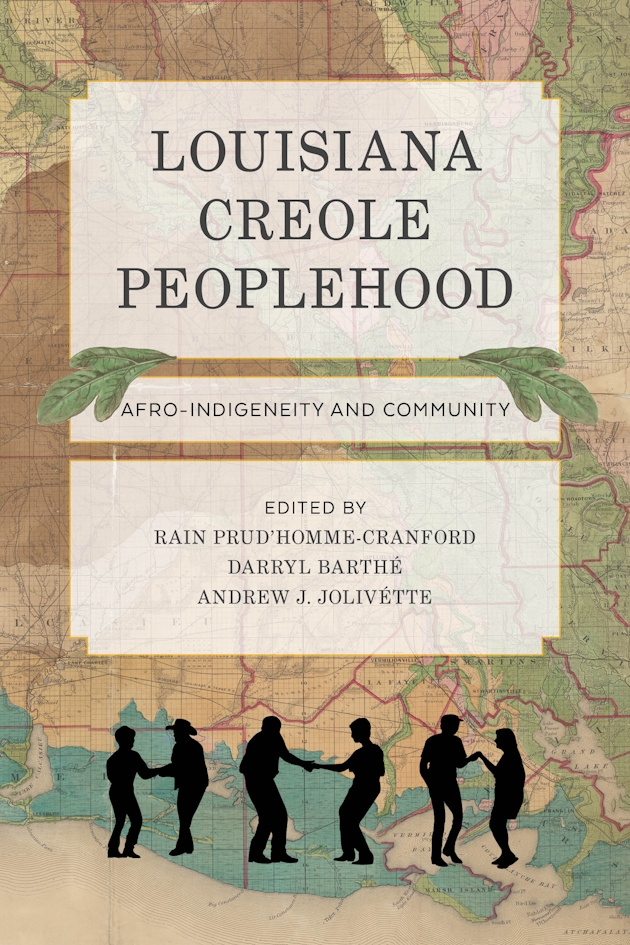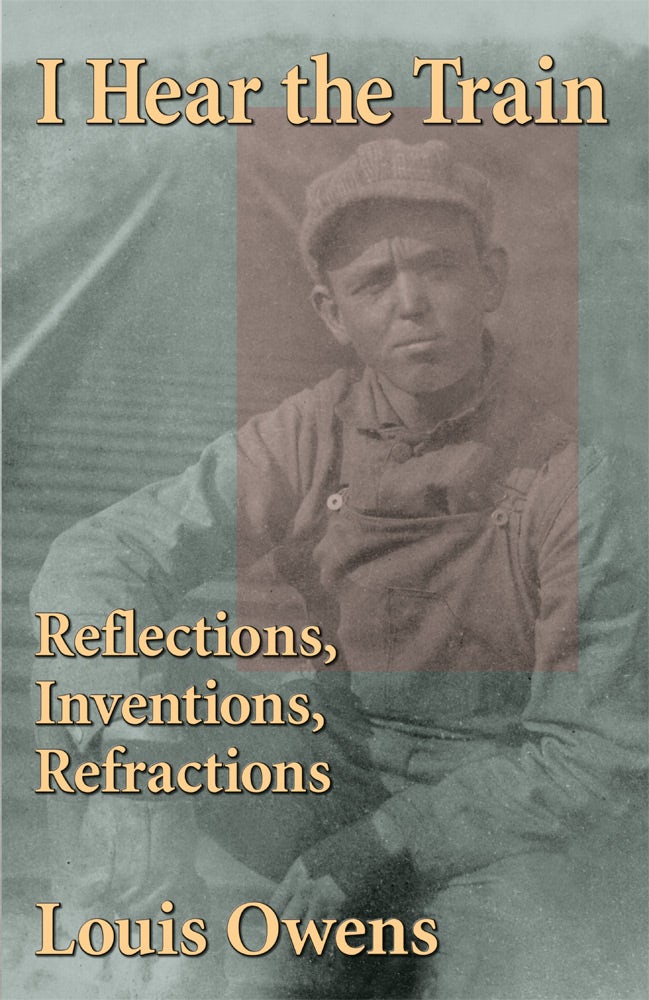Eric Stinton: It’s Time To Recognize That Black History Is Part Of Hawaii’s HistoryPosted in Anthropology, Articles, History, Media Archive, Oceania, Social Science, United States on 2022-02-07 21:53Z by Steven |
Eric Stinton: It’s Time To Recognize That Black History Is Part Of Hawaii’s History
Honolulu Civic Beat
Honolulu, Hawaii
2022-02-07

Nitasha Tamar Sharma attempts to clarify misconceptions and challenges common assumptions about race in Hawaii in her book “Hawaiʻi Is My Haven.”
On the cover of Nitasha Tamar Sharma’s recent book, “Hawaiʻi Is My Haven,” is a striking image of Kamakakēhau Fernandez wearing a pink bombax flower lei. The Na Hoku Hanohano award-winning falsetto singer and ukulele player was adopted from Arkansas by a Maui family when he was six weeks old, and was enrolled in Hawaiian language classes starting in kindergarten. He grew up in Hawaii and with Hawaii in him.
Fernandez is one of countless examples of Black locals who have contributed to Hawaiian culture and life for over 200 years, yet whose stories have largely gone unrecognized.
“Black people have been evacuated out of the narrative of who is in Hawaii,” Sharma says. “Historically we don’t think Black people were in Hawaii when they actually were.”…
Read the entire article here.






